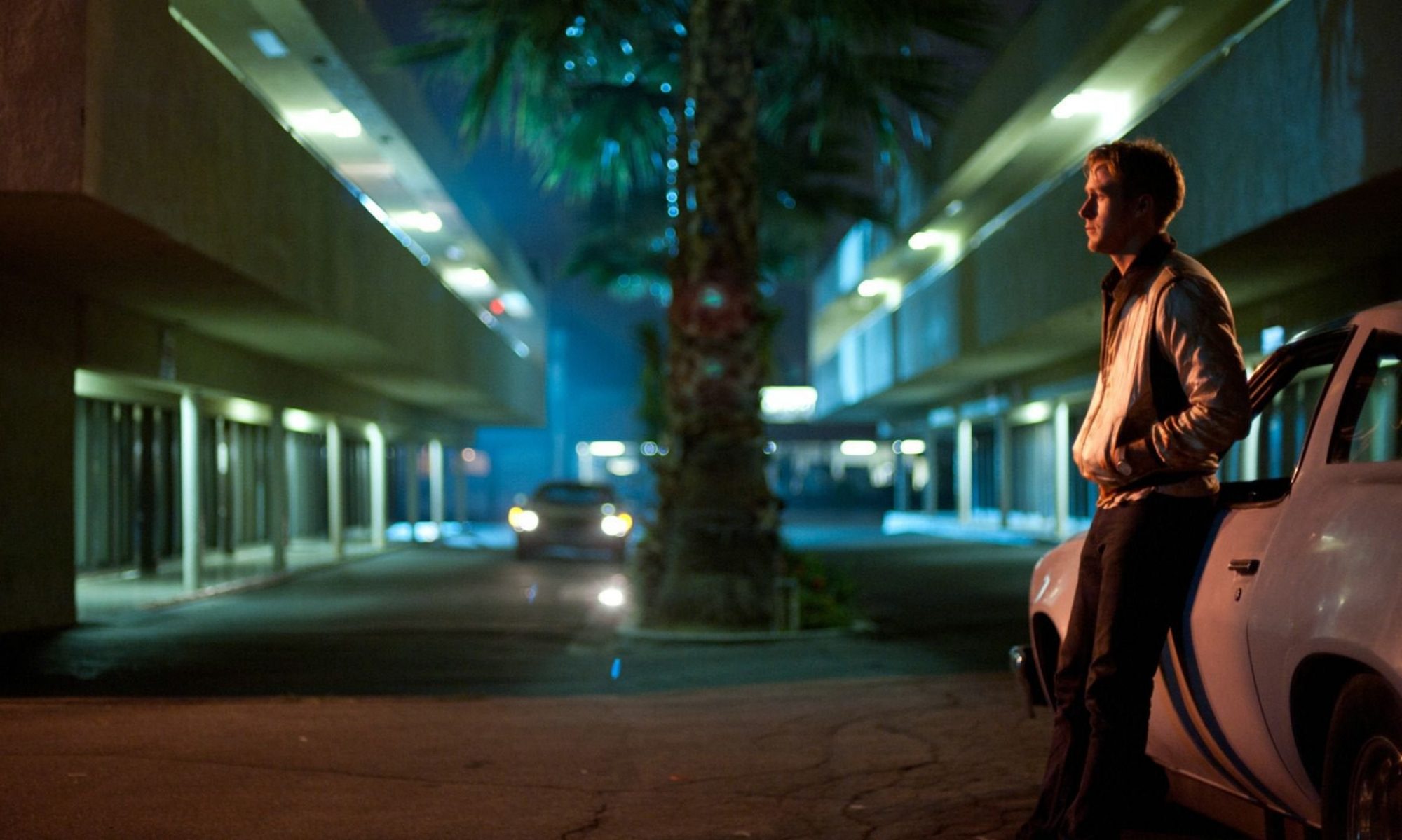Two reviews, two rather different films. One contains lots of marmalade, the other contains lots of blood. Which one’s which, well, you’ll just have to work out that conundrum for your good old self.
Paddington 3
The first Paddington film was a breath of fresh air. It was a nice little distraction for all the family with some creative animation and a general warm atmosphere. It was weird thinking that Paul King, the guy who created The Mighty Boosh, a beloved series that I’d watched from a (far too) young age, could be helming such a wholesome endeavour. But it worked. That scene with the bathtub scared my younger cousin silly. But I guess seeing all that chaos could be traumatising at a young age.
Paddington 2, though? That was a different kind of ursine beast entirely. It was the Shrek 2 of sequels. The Spiderman 2 of sequels. The Terminator 2: Judgement Day of Sequels. The Blade Runner 2049 of sequels. The Dark Knight of sequels. The Godfather Part II of sequels.
Ok. That’s enough autistic superior sequel film mentions for now. Anyway, the point is that Paddington 2 was outstanding. So outstanding, in fact, that Nicolas Cage and Pedro Pascal made sure to wax lyrical about it in The Unbearable Weight of Massive Talent. Everybody loves it. So naturally, when the third part was announced, expectations were high.
Signs were off, however, when King announced back in 2023 that he wouldn’t be helming the project. Without King’s distinctive quirky style, it didn’t seem like the threequel had much of a chance. Whenever there’s a change of director in a franchise, there’s always that worry of inconsistency. Well, hopefully they’ll bring in a director with a bit of experience. So, they chose Dougal Wilson. His previous filmography consists of…uh, nothing. He’s directed some John Lewis Christmas adverts though. Yay? I guess there’s nothing wrong with trying out fresh talent, but with the previous film’s legions of fans, I’d have thought they’d have gone with a more seasoned creator.
The film’s got a nice feel, and it’s not quite as bad as everyone been saying, but it’s still the most rotten orange of the trilogy. It basically follows Paddington searching for Aunt Lucy in Peru after she goes missing from her retired bears home. Ultimately, it’s The Godfather III of threequels. Hey, The Godfather uses oranges as a metaphor for death, right? Whoa. I made a connection right there. It also doesn’t benefit from virtually reusing the same scene from the first film and trying to reintroduce a beloved character from the second film in the closing scene. It just feels like some cynical nostalgia baiting.
Also, the film is lacking with the absence of Sally Hawkins. Hawkins has claimed she just felt her time with the series was finished, but it seems like something fishy (marmade-y?) might me going on there? Who knows. But since Mrs Brown was the heart of the family and the one who brought the bear into her home, her absence is definitely felt. The villains are fairly bland in comparison to the other films. Let’s face it, you’re not going to beat Hugh Grant’s devious Felix Buchanan, but I was still expecting some more entertaining bad guys. Paddington in Peru is a disappointing conclusion to the franchise, which could’ve done with a bit more creative, marmalade-flavoured juice. This joint’s getting a hard Paddington stare.
Heretic
Speaking of Hugh Grant though, he’s certainly been having a renaissance with bad guy characters over the last few years. A Granaissance, perhaps? While Phoenix was a cartoonish villain, however, Grant leans into full evil bastard territory here as Mr Reed, a shady individual who invites Mormon Sisters Barnes and Paxton into his home feigning interest in their religion. And he’s certainly interested in religion generally. Just not in the way they were hoping. Anyway, even if you didn’t have any idea of plot going into the film, then the A24 logo at the beginning, a studio steeped in horror classics like Hereditary and Midsomer, lets you know things are going to go sideways. Or, in this case, inwards, as Reed forces the girls to challenge their faith by going through a series of doors in his darkened house.
Directors Scott Beck and Bryan Woods have cited the films Contact and Inherit the Wind as major influences, but Heretic is also steeped in the traditional psychological horror halls of Misery, particularly with the isolated, snowy landscape surrounding Reed’s abode. The pace is decidedly slow, so could try the patience of some. And don’t expect to venture too far away from the house. Heretic also makes a nice change to a constant flow of cheap shock horror, dealing out tension and dread through more subtle avenues. Violence is present but used sparingly, only introducing gory moments during the final act. Its portrayal of violence against women apparently drew criticism from the Latter-day Saints Church, but Heretic largely deals in psychological tricks.
The film also marks Hugh Grant’s first proper foray into the realm of horror, and he does a fantastic job with minimal body language, instead relying on subverting his mannered British accent into a source of terror for the Barnes and Paxton as they try to escape. Beck and Woods claimed to be inspired by Grant’s multiple roles in Cloud Atlas, and it’s clear that Grant is just as effective here sticking to a single maniacal role. The glacial pacing might not be for everyone, but it’s worth investing in this chilly, haunting tale on a crisp November night.
